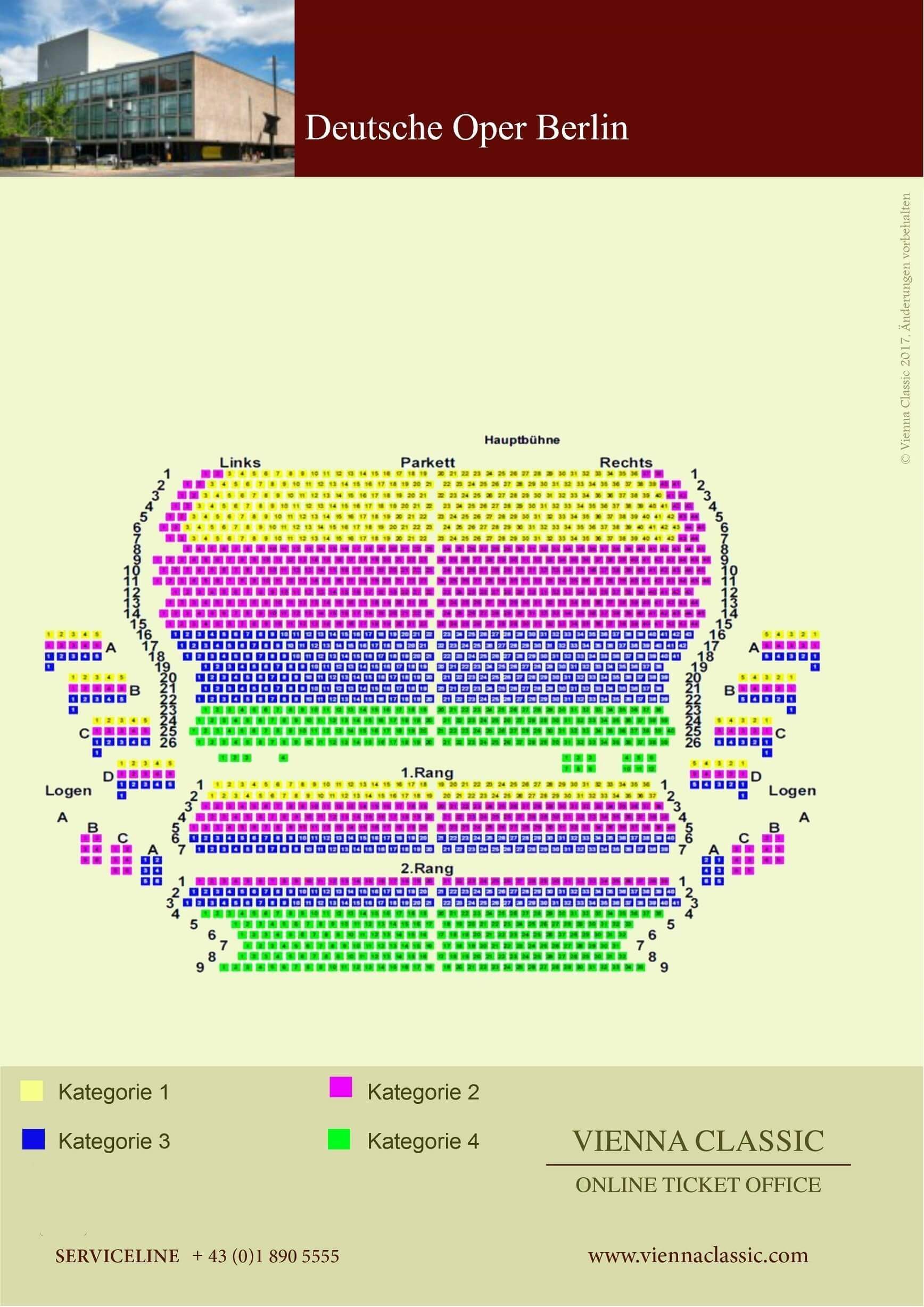Nabucco - Schedule, Program & Tickets
Nabucco
Date:
Time:
Price class:
Location:
27.12.2019 , Friday
19:30
B
Deutsche Oper, Bismarckstraße 35, 10627 Berlin, Germany
"Va, pensiero, sull'ali dorate" - "Fly, Thought, on Golden Wings" - when the choir of the Milan Scala for the first time on March 9, 1842, the lines of the Hebrew choir in the third act of Giuseppe Verdi's new opera NABUCCO intoned he wrote a piece of music history. The "prisoner's choir" is still considered by many Italians to be the national anthem of their country and the young composer became the hope of the opera scene.
The drama about the Babylonian captivity of the people of Israel under King Nebuchadnezzar is one of Verdi's most popular operas and was staged controversially at the Deutsche Oper Berlin last 13 years ago by Hans Neuenfels. In the Verdi year 2013, Keith Warner, one of the most famous directors on the international opera scene, introduced his approach to the subject: the Briton directed LOHENGRIN at the Bayreuth Festival and the RING DES NIBELUNGEN at Covent Garden, among others. Oriented on the period of origin of the piece, which was characterized by the transformation from feudal structures to bourgeois-industrial society, Warner places the opposition of two peoples in the foreground of his production: the Hebrews, whose culture is characterized by writing and a democratic educational ideal, and the militaristic Babylonians, whose understanding of the state is based on an autocratic system of rule.
Subject to change.
The drama about the Babylonian captivity of the people of Israel under King Nebuchadnezzar is one of Verdi's most popular operas and was staged controversially at the Deutsche Oper Berlin last 13 years ago by Hans Neuenfels. In the Verdi year 2013, Keith Warner, one of the most famous directors on the international opera scene, introduced his approach to the subject: the Briton directed LOHENGRIN at the Bayreuth Festival and the RING DES NIBELUNGEN at Covent Garden, among others. Oriented on the period of origin of the piece, which was characterized by the transformation from feudal structures to bourgeois-industrial society, Warner places the opposition of two peoples in the foreground of his production: the Hebrews, whose culture is characterized by writing and a democratic educational ideal, and the militaristic Babylonians, whose understanding of the state is based on an autocratic system of rule.
Subject to change.



